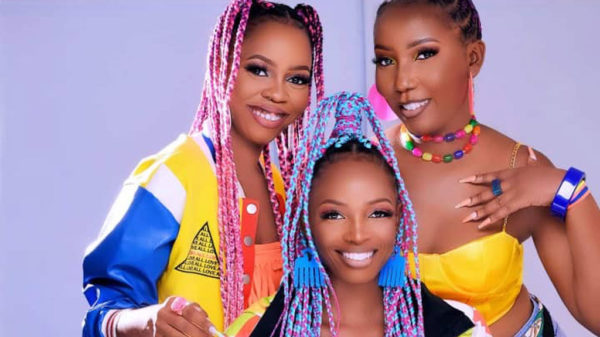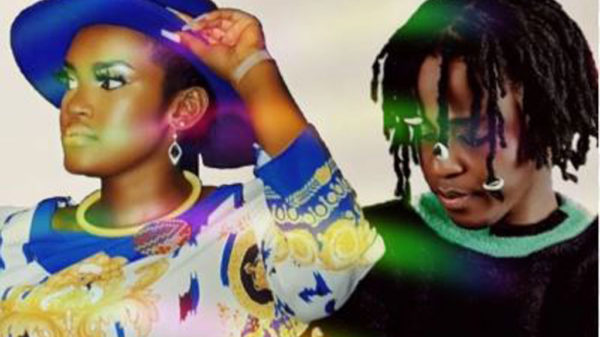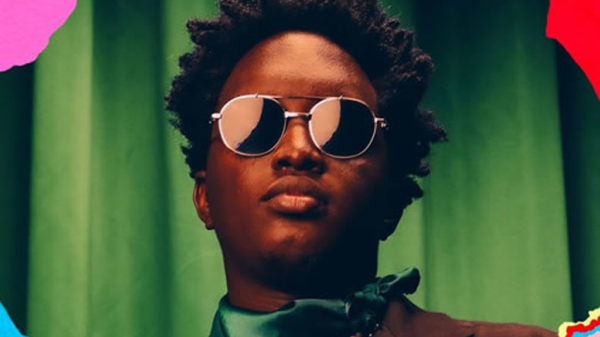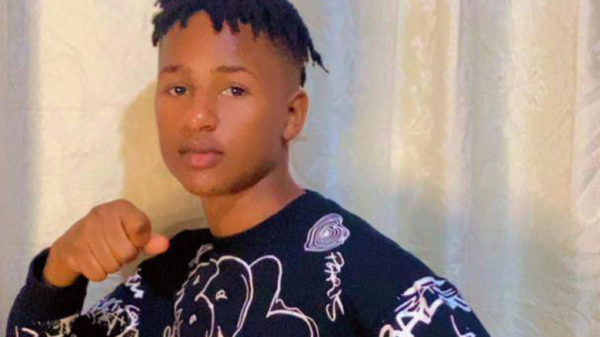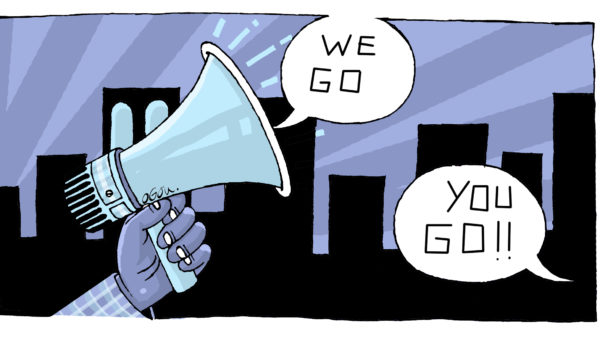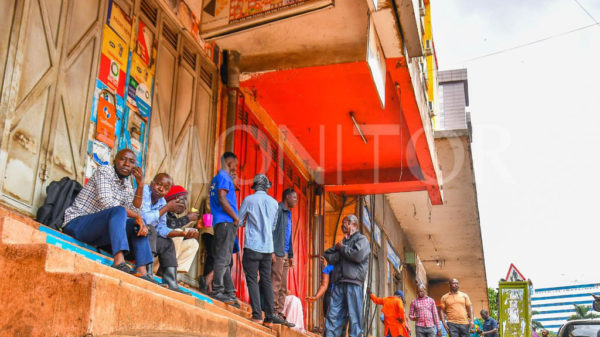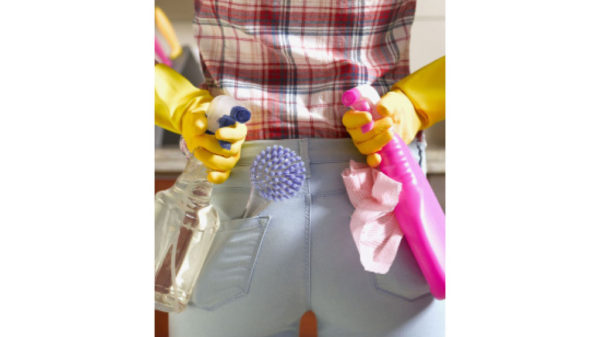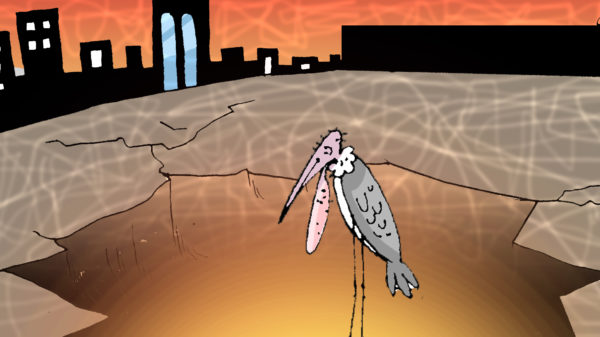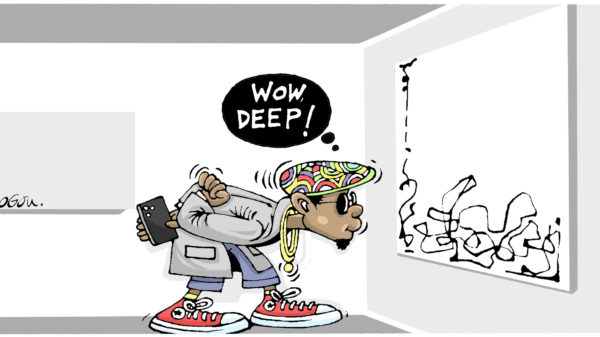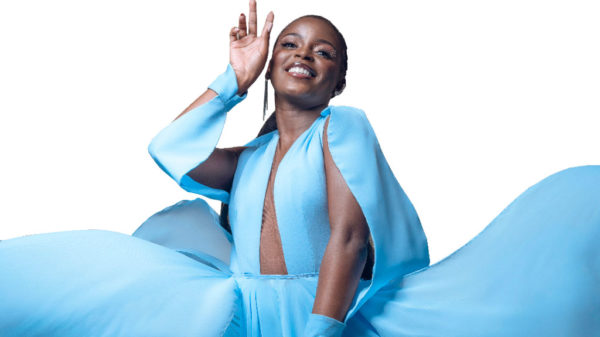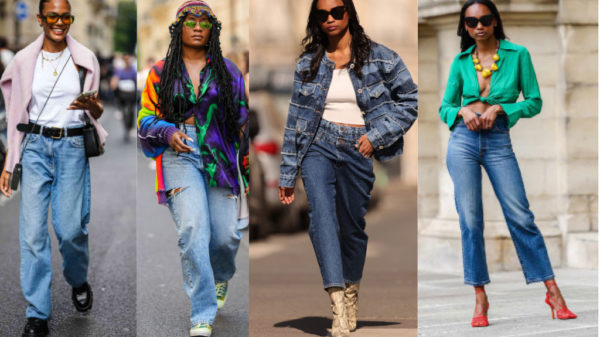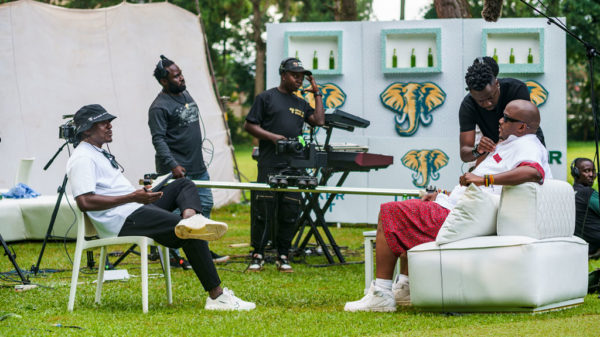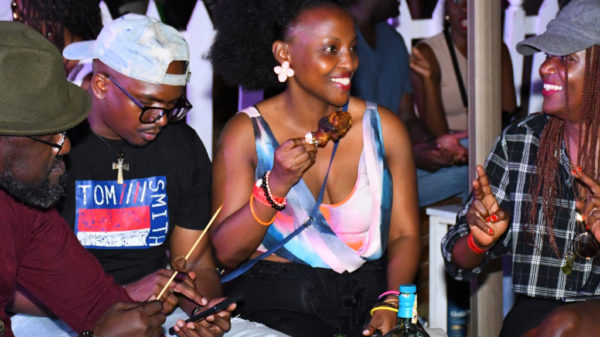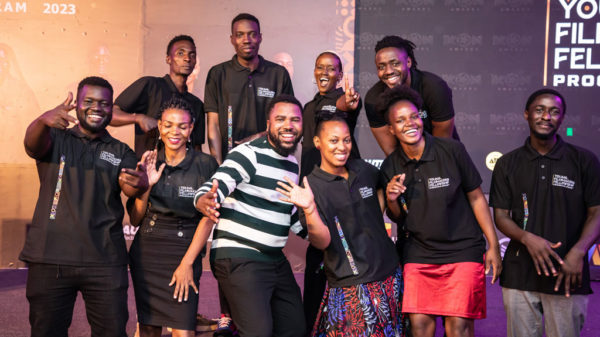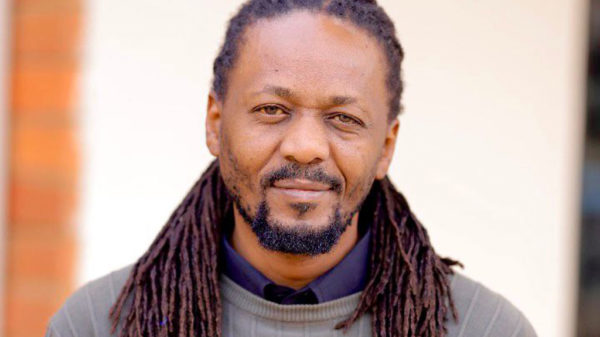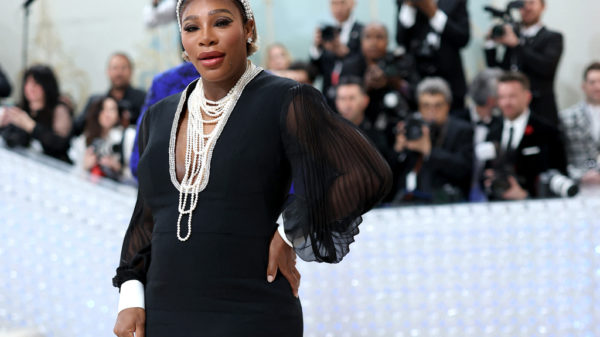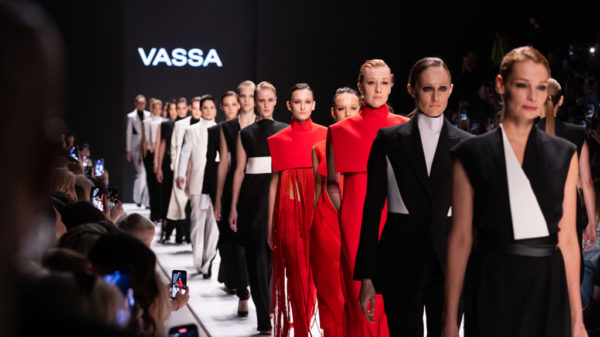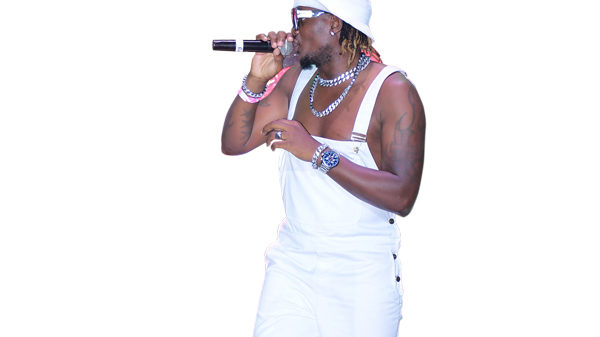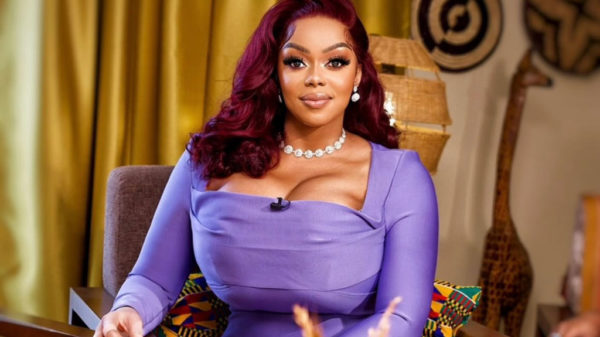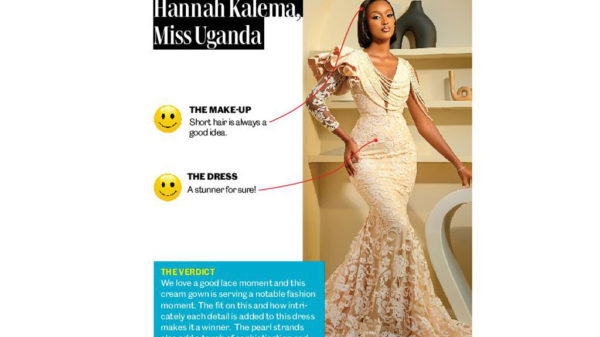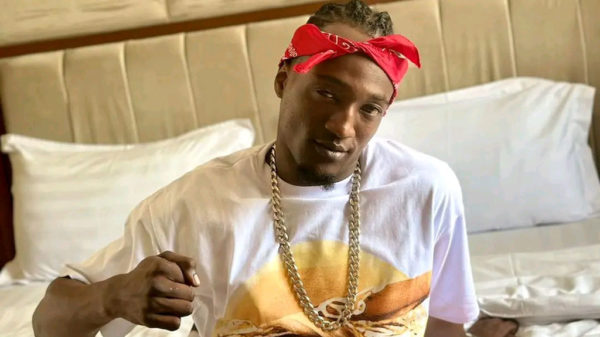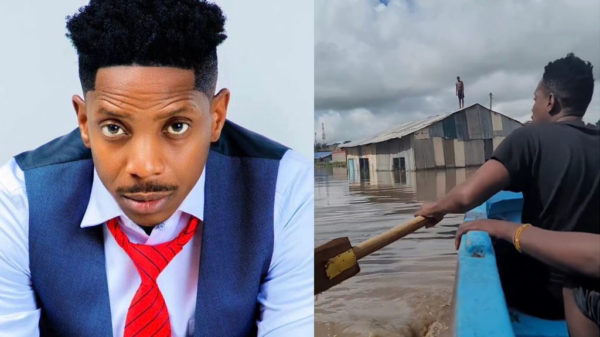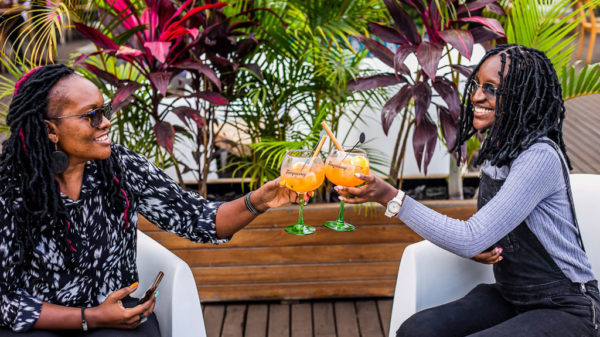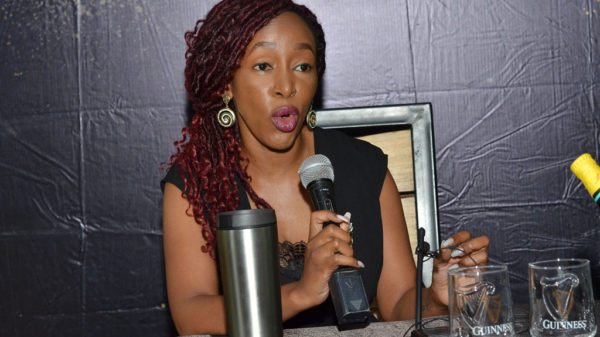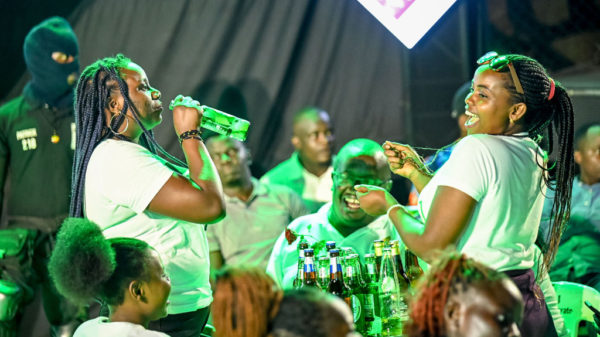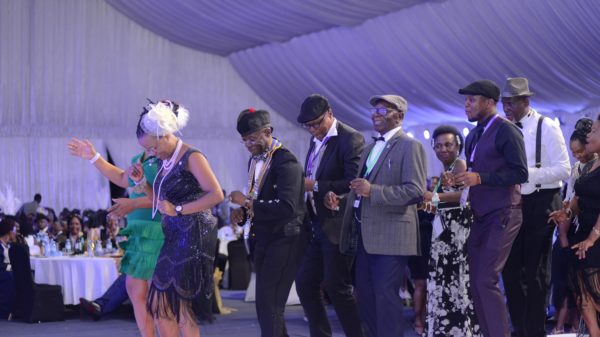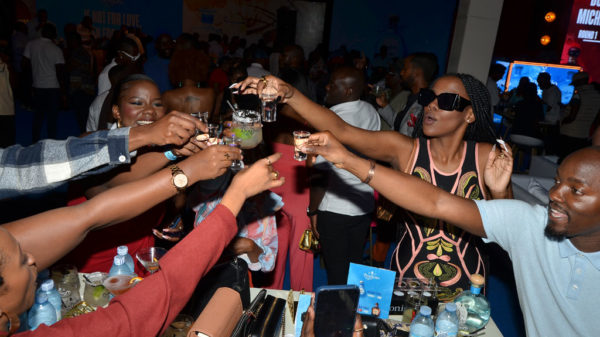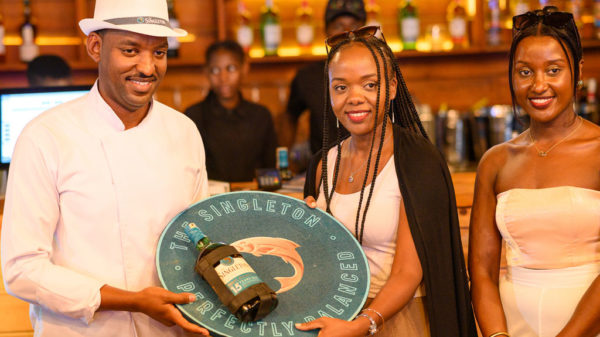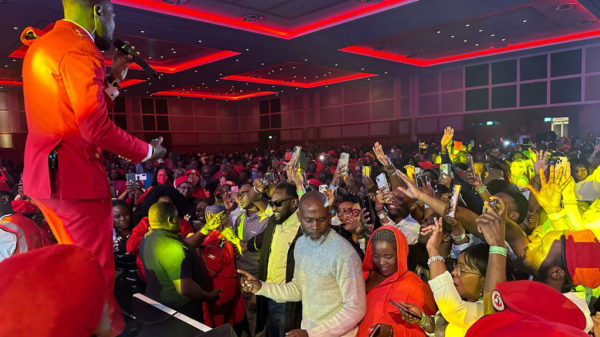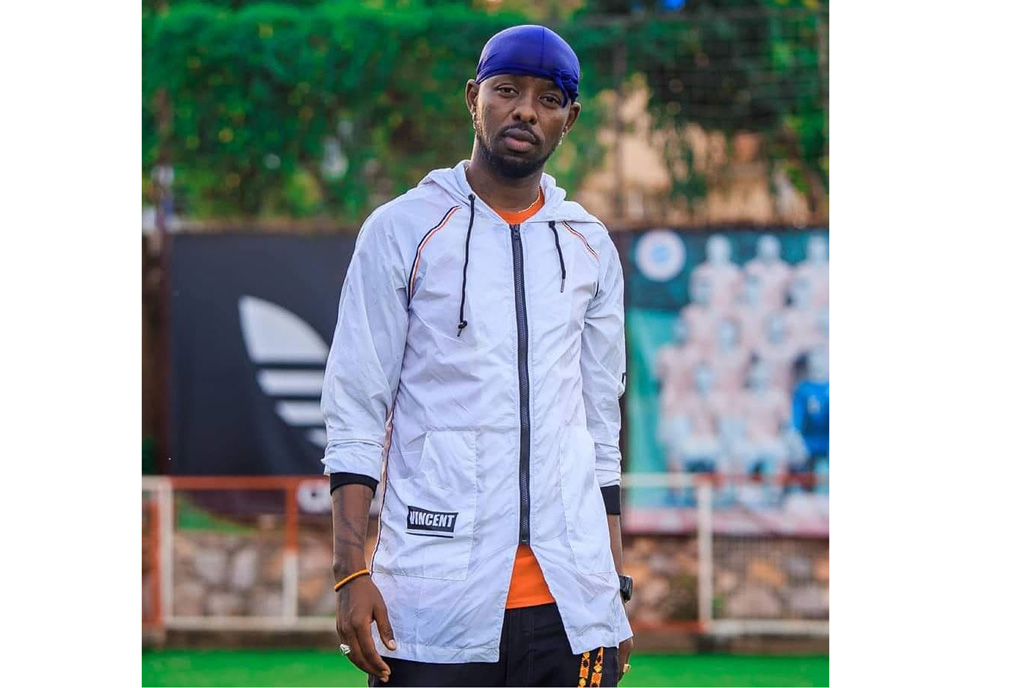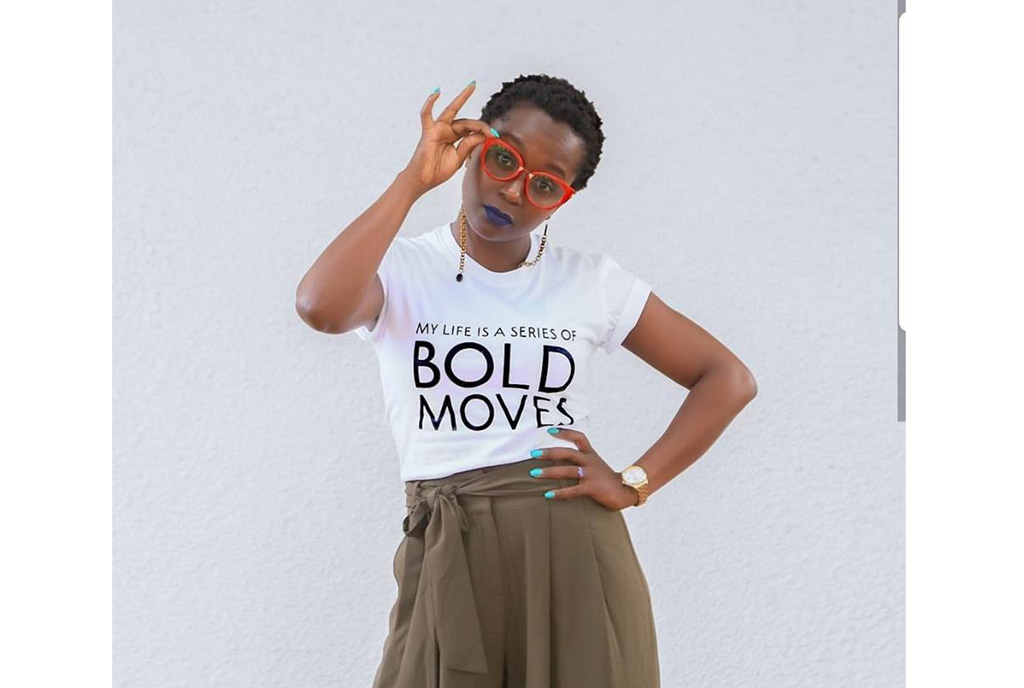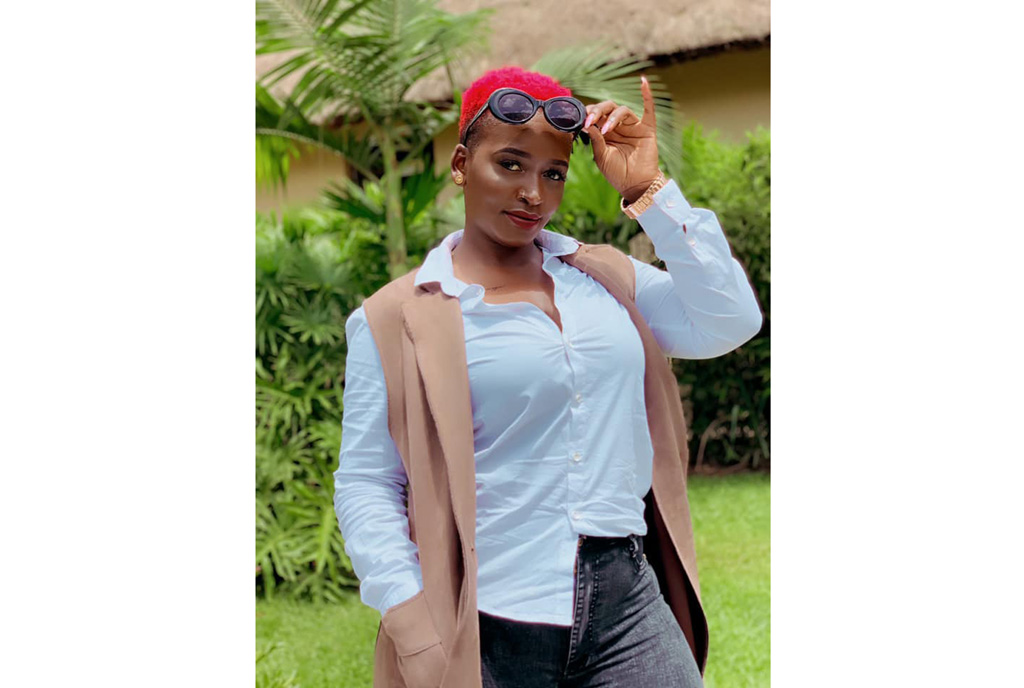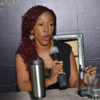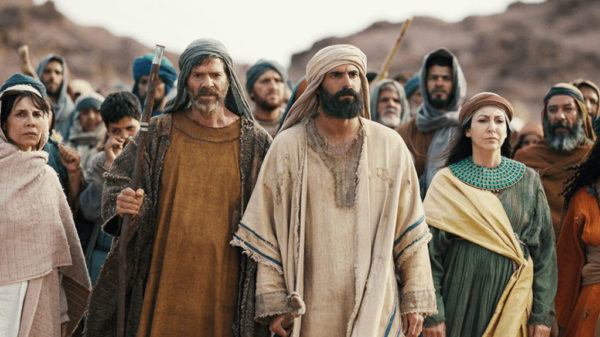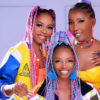LOVE OR HATE? The question of whether artistes can do without media is one that has been toyed around with for years. With social media, some artists have even claimed more following than media houses that intend to promote their craft. Today, the relationship between creatives is probably at the worst. Andrew Kaggwa looks at how we got here.
A journalist has told stories of the first time he met one of the biggest artistes in this industry. In a graphic description, he talks about a humble gentleman that had waited for him for nearly two hours to simply hand him a cassette.
“He played for me one of the songs and said it had been big in Kenya, however, when I was writing, I wrote that ‘he claims the song is famous in Kenya’.”
Of course these were the days when the local music industry was making a transition to a pop culture fiasco it would later become. When journalists loved an artiste, the chances of making it big and staying in the limelight were more than when one fell out of favour with them.
Professional and unprofessional bonds were formed between artistes and journalists that at the height of fights in the music industry, not even journalists were spared. But this is how it all began; journalists were powerful and they knew it, so celebrities got them closer since they wanted to keep themselves in the press.
A picture of a journalist hanging out with Bebe Cool at the birthday party of his son was then common. Yet journalists are snobs, they talk about these artistes freely amongst themselves that before they knew, they had indirectly leaked secrets of camp X to camp Y.
When artistes started fighting, these secrets started coming to light with facts twisted or even sensationalised. Artistes’ management reacted by restricting media access to their artistes. For the past few years, the relationship between the media has been going under that at one point, singers came together to lodge a petition to have a one Isaac Katende alias Kasuku, a radio presenter on Dembe FM fired.
The questions had been about the lack of support from the media industry. Then, artistes felt like the media was focusing on their wrongs than promoting their craft.
At the height of Save Ugandan Music campaign, artistes had argued about the continued rotation of Nigerian and Jamaican music on local media, reasoning that this tendency had made Ugandan music play second position to both Nigerian and Jamaican music.
Yet, as Ugandan artistes generally seem to be enjoying some success on both radio and TV today, the fights between them and the media seem to be creeping back.
Art against the media
The fights between media and artistes in Uganda have rarely been documented. This is because many times, they have not been public, artistes would declare war on media without necessarily saying it, while others would simply start avoiding them.
Men and women of the media have many times listened to artistes disrespect them as they bargain for an interview.
For instance, at the top of his game, Jose Chameleone felt bigger than the media industry and thus could not do live broadcast interviews.
“Much as Kansiime’s fans online applauded her for knowing her value… some were quick to point out that it was this media that supported her without pay, for years.”
“I remember trying to convince him to have him on a show and he requested that we take the studio to him because he was bigger than the station,” says a music TV host. When he appeared on NTV The Beat in 2016 after the backlash that was Tubonga Naawe, Chameleone agreed that he had not stepped in a TV studio for a live interview for more than 10 years, insisting that he was always busy. If the past years had not humbled him, he could have successfully debunked the theory that media was vital in the rise and sadly, the fall of a character.
Last week, Anne Kansiime, a comedian with Fun Factory, posted a video on her YouTube channel; the clip that easily went viral had Kansiime noting that she was done doing free interviews. In her argument, Kansiime said journalists are facilitated to do these stories and thus they should facilitate her to get content or leave the videos behind so that she could repost them as hers.
Of course, the video got the media responding by telling her that they promoted her when she was no one, though in one of the responses, she noted that she did not get where she is because of the media. “Journalists did not give me my talent, God did,” she answered in one of the comments.
Even before that could be forgotten, another journalist was involved in leaked message screenshots of an exchange between them and Winnie Nwagi. The said journalist had sent Nwagi a message via WhatsApp asking for an interview of the artiste, though she had responded in a rather rude way.
Much as Nwagi apologised in another screenshot that was shared, many were not ready to listen as other journalists complained about her character generally. But these are not the first artistes to have issues with the media in the past. During his success with Sitya Loss, Eddy Kenzo always complained about the lack of support from the media and in one of the press conferences, he is known to have attacked a radio presenter.
Who is to blame?
Dembe FM’s Kasuku believes that over time, journalists reporting entertainment have ceased to exist and have been replaced by PR people for different artistes. The fact that some of them are on the payroll of artiste X will force artiste Y to shun them. But besides that, he insists that while other professions are keeping up with the times, the people reporting entertainment have failed; “they are shallow, naive, shabby and always ask the dumbest questions.”
He also notes that social media is upon the industry and journalists have failed to find ways of combating it. “Artistes feel that social media is a bigger platform and they can easily access it whenever they need it.” Roy Ruva, an entertainment journalist and photographer, seems to agree with Kasuku, saying with social media artistes can easily remove the middleman who is a journalist and directly talk to the fans. “If you notice, it is the ones with big social media presence and following at the forefront of it all.”
Ruva though says that he understands where artistes are coming from, especially after being misquoted or misrepresented by the press too many times, they now feel they need the distance and do the communication themselves. “The advent of technology has not aided journalism much, considering the fact that anyone with a laptop can call themselves a journalist and start churning out all sorts of insensitive material,” he says.
Whose benefit anyway?
The question of who benefits more from a story, between the media and source is one that has been debated for a long time. For instance, event organisers have always claimed that journalists should be at their mercy since they need such events for content. In the same vein, Kansiime believes media houses are making money off them and thus should pay for these interviews as content.
Much as Kansiime’s fans online applauded her for knowing her value, with many castigating the nuisance that local media is becoming, some were quick to point out that it was this media that has supported her without pay, for years. Some other entertainers, in the wake of the video and Nwagi’s leaked messages have even tried reaching out to journalists to reassure them that they still respect their role.
“Most of the times media has called me for interviews, they needed one liners or simple interviews they could have gotten from anyone else. I’ve accepted doing those interviews because I know the importance of having presence in media,” says a comedian that requested anonymity, adding that some people however feel they are too big for press, which is also within their rights. “Let’s face it, it’s their career, whether they are improving or crushing it is up to them.”
How other markets do it?
The comedian notes that paying celebrities for interviews is not bizzare as many assumed. “It is true, some of the interviews we read in foreign magazines are heavily paid for.” In a Facebook exchange, theatre director Judith Adong seems to agree too. She says one of the hottest topics in Hollywood has been about the exorbitant amounts celebrities ask for to give interviews.
But of course, Adong argues that even when Kansiime is right, she is not sure if her demands are applicable to the Ugandan economy as it stands now. When Queen of Katwe had just premiered in Kampala, there was word that even when journalists wanted to interview some of the child actors, whoever was their guardian made it impossible by asking for money for interviews.
“People pay for interviews in other markets but they must need the story to pay for it,” says the comedian, adding, “for instance, when Bruce became Catylin Jenner, the world badly wanted to hear what she had to say.” He says in Uganda, with a poor celebrity culture, unless Kansiime came out with some outrageous announcement, there is no big bang story that people can chase her for.



